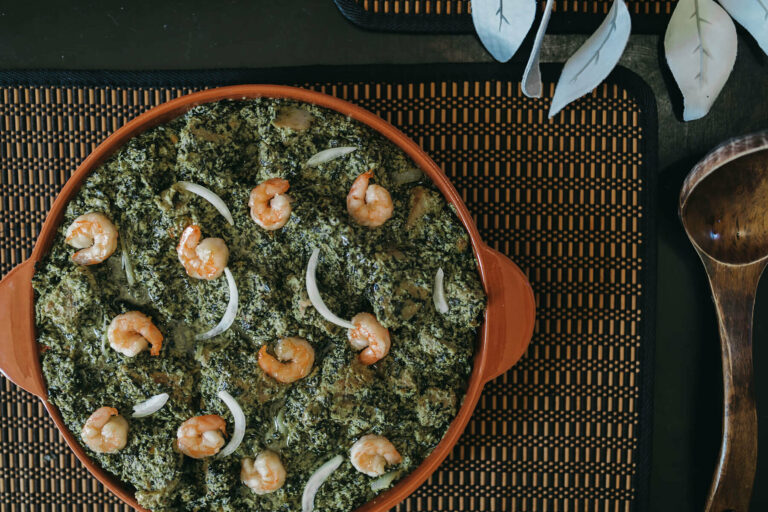Introduction: Cameroon’s diverse culinary heritage
Cameroon is a country with a rich and diverse culinary heritage. The cuisine is a fusion of African, European, and Asian influences, reflecting the country’s colonial history and the diverse ethnic groups that call Cameroon home. The food is known for its bold flavors, vibrant colors, and use of local ingredients such as plantains, yams, cassava, and peanuts.
The importance of herbs and spices in Cameroonian cuisine
Herbs and spices play a crucial role in Cameroonian cuisine, adding flavor, aroma, and complexity to dishes. They also have medicinal properties and are believed to have healing powers. Cameroonians use a wide variety of herbs and spices, some of which are unique to the region. Their use is not limited to cooking and food preparation; herbs and spices are also used in traditional medicine and as offerings in religious ceremonies.
Covid-19 and the demand for traditional herbs
The Covid-19 pandemic has led to an increased demand for natural remedies, including herbs and spices. Cameroonians have turned to traditional medicine to boost their immune systems and protect against the virus. Popular herbs such as moringa, ginger, and turmeric are being used to make teas and tonics believed to have immune-boosting properties.
The role of herbs in traditional Cameroonian medicine
Traditional medicine plays a significant role in Cameroonian culture. Herbs are used to treat various ailments, from headaches and stomachaches to more serious conditions such as malaria and HIV. Traditional healers, known as “Ngambe,” are highly respected members of the community and are believed to have supernatural powers. They use a combination of herbs, spiritual beliefs, and rituals to heal their patients.
Popular herbs used in Cameroonian cuisine
Some of the most popular herbs used in Cameroonian cuisine include parsley, basil, thyme, and garlic. These herbs are used to season and garnish dishes such as soup, stews, and grilled meats. Other popular herbs include mint, lemongrass, and African nutmeg, which are used to flavor teas and desserts.
Spices that add heat and depth to Cameroonian dishes
Cameroonian cuisine is known for its use of spices, which add heat, depth, and complexity to dishes. Some of the most popular spices used in Cameroonian cuisine include chili peppers, black pepper, paprika, and cumin. These spices are used to season meat and fish dishes, as well as soups and stews.
Herbs and spices used in meat and fish dishes
Meat and fish are staples in Cameroonian cuisine, and herbs and spices are used to enhance their flavors. Bay leaves, thyme, and rosemary are commonly used to season grilled meats, while fish dishes are seasoned with herbs such as parsley, basil, and thyme. Spices such as cumin, coriander, and paprika are also used to add depth and flavor to these dishes.
Conclusion: Rediscovering the flavor of Cameroon through herbs and spices
Herbs and spices are an essential part of Cameroonian cuisine and culture, adding flavor, aroma, and medicinal properties to dishes. They reflect the country’s diverse culinary heritage and are a testament to the creativity and resourcefulness of its people. Rediscovering the flavors of Cameroon through herbs and spices is a journey of culinary exploration that is well worth taking.

